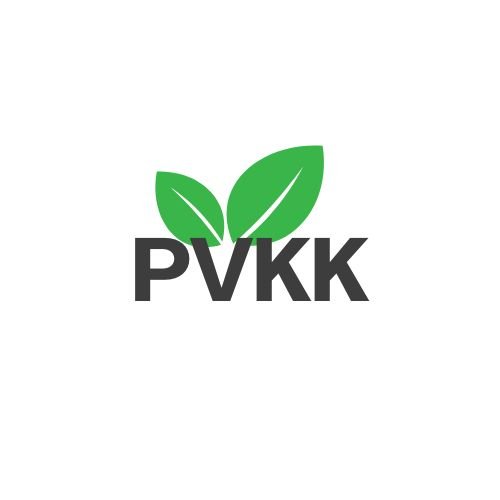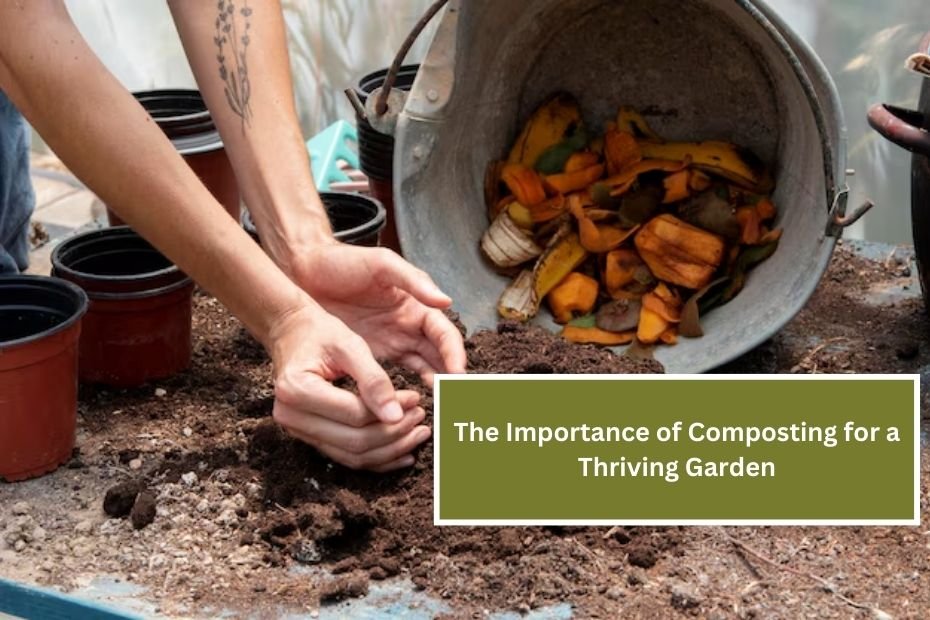Composting is a natural process that transforms organic waste into rich, nutrient-filled soil. It’s an age-old practice that has gained popularity in recent years due to its numerous benefits for gardening and the environment. Whether you have a small balcony garden or a large backyard, composting can significantly enhance the health of your plants, reduce waste, and promote sustainability. In this article, we will explore the importance of composting for a thriving garden, its benefits, how to start composting, and tips for maintaining your compost.
What is Composting?
Composting is the process of breaking down organic materials, such as kitchen scraps, yard waste, and other biodegradable materials, into a dark, crumbly substance known as compost. This process is facilitated by microorganisms, worms, and other decomposers that feed on the organic matter. The resulting compost is rich in nutrients and beneficial microorganisms that can improve soil health, enhance plant growth, and increase the overall productivity of your garden.
Benefits of Composting
1. Improves Soil Quality
One of the most significant benefits of composting is its ability to improve soil quality. Compost is full of essential nutrients like nitrogen, phosphorus, and potassium, which are crucial for plant growth. When added to the soil, compost enhances its structure, making it more fertile and better able to retain moisture. This is particularly beneficial in sandy soils that drain quickly and clay soils that hold too much water.
2. Reduces Waste
Composting helps reduce the amount of waste sent to landfills. Food scraps and yard waste account for a significant portion of household waste. By composting these materials, you can divert them from landfills, reducing greenhouse gas emissions and contributing to a healthier environment.
3. Supports Healthy Plant Growth
Compost acts like a natural fertilizer. It provides a slow-release source of nutrients, ensuring that plants receive a steady supply as they grow. This helps plants become stronger and more resilient to diseases and pests. A well-nourished garden is more likely to thrive and produce abundant fruits, vegetables, and flowers.
4. Encourages Biodiversity
Composting not only supports plant health but also promotes biodiversity in your garden. Healthy soil filled with compost attracts earthworms, beneficial insects, and microorganisms that create a thriving ecosystem. This biodiversity helps control pests naturally and contributes to a balanced garden environment.
5. Saves Money
By composting, you can save money on fertilizers and soil amendments. Instead of purchasing commercial products, you can create your own nutrient-rich compost at home. This not only cuts costs but also ensures that your garden receives high-quality, organic amendments.
6. Enhances Water Retention
Compost improves the soil’s ability to retain water, which is especially important in regions prone to drought. When compost is added to the soil, it helps retain moisture, reducing the need for frequent watering. This is beneficial for both your plants and your water bill!
7. Reduces Soil Erosion
Healthy soil with a good amount of compost is more resistant to erosion. The organic matter helps bind soil particles together, preventing them from washing away during heavy rain or strong winds. This is particularly important for gardens on slopes or in areas with heavy rainfall.
8. Fosters Environmental Sustainability
Composting is a sustainable practice that contributes to environmental conservation. By recycling organic waste, you help reduce the need for chemical fertilizers, which can harm the environment. Additionally, composting reduces landfill waste, helping to combat climate change.
How to Start Composting
Getting started with composting is simple and can be done in a few easy steps. Here’s how you can create your own compost at home:
1. Choose a Composting Method
There are several methods of composting, including:
- Traditional Pile Composting: Create a pile of organic waste in a designated area of your garden.
- Compost Bin: Use a compost bin to contain your materials, which can help speed up the composting process.
- Vermicomposting: This method uses worms to break down organic matter quickly. It’s ideal for those with limited space.
2. Gather Materials
You can compost a variety of organic materials, including:
- Green Materials: These are high in nitrogen and include kitchen scraps (fruits, vegetables, coffee grounds, eggshells) and green yard waste (grass clippings, fresh leaves).
- Brown Materials: These are high in carbon and include dried leaves, straw, cardboard, and small branches.
3. Layer Your Compost
To create a healthy compost pile, alternate layers of green and brown materials. A general rule of thumb is to use three parts brown materials to one part green materials. This balance helps maintain the right carbon-to-nitrogen ratio for effective composting.
4. Maintain Your Compost
To keep your compost pile healthy, follow these tips:
- Turn the Pile: Every few weeks, turn your compost pile with a pitchfork or shovel. This aerates the pile and helps speed up the decomposition process.
- Monitor Moisture: Your compost should be moist but not soggy. If it’s too dry, add water. If it’s too wet, add more brown materials.
- Be Patient: Composting takes time. Depending on the materials used and conditions, it can take anywhere from a few weeks to several months for your compost to be ready.
5. Know When It’s Ready
Your compost is ready when it’s dark, crumbly, and has a pleasant earthy smell. It should not resemble the original materials you added. You can use it as a top dressing for your plants, mix it into your garden beds, or use it to enrich potting soil for container gardening.
Common Composting Mistakes to Avoid
While composting is relatively simple, there are some common mistakes to avoid:
- Not Maintaining the Right Balance: Ensure you have a good mix of green and brown materials. Too much of one can lead to odors or slow decomposition.
- Ignoring Aeration: Turning your compost is crucial for providing oxygen to the microorganisms that help break down the materials.
- Adding Non-Compostable Items: Avoid putting meat, dairy, oils, and non-biodegradable materials in your compost, as these can attract pests and create unpleasant odors.
Conclusion
Composting is an essential practice for anyone interested in gardening. It not only improves soil quality and supports healthy plant growth but also contributes to a more sustainable environment by reducing waste and enhancing biodiversity. Starting a composting system is easy and can be done in various ways, whether you have a large yard or a small balcony. By investing a little time and effort into composting, you can create a thriving garden that produces healthy plants while also benefiting the planet. So, gather your kitchen scraps, start composting, and watch your garden flourish!

